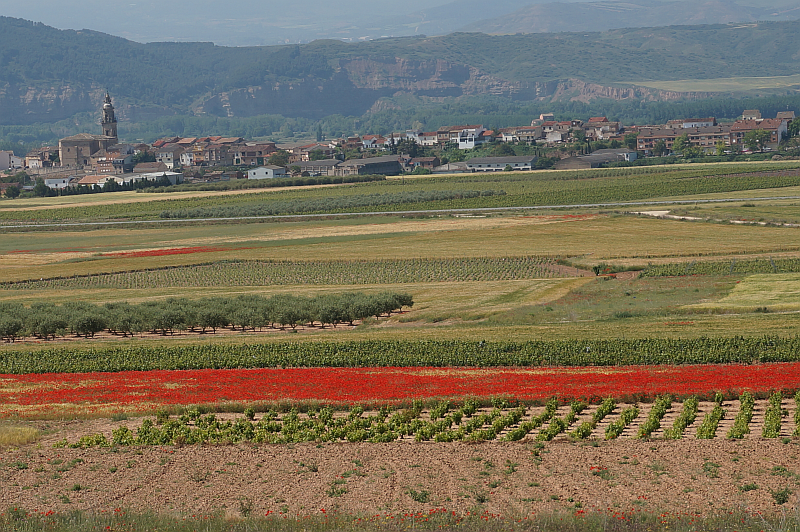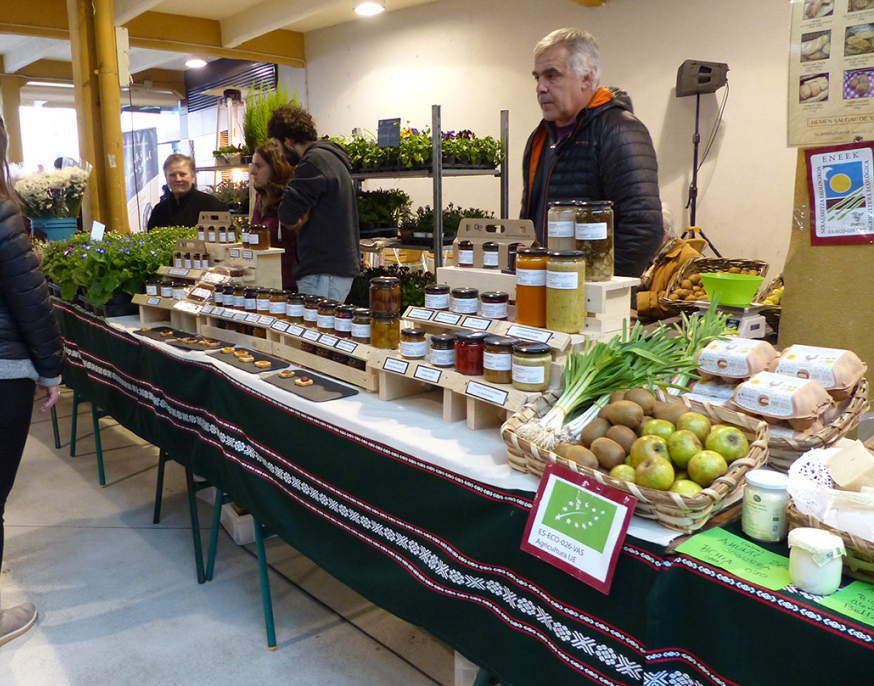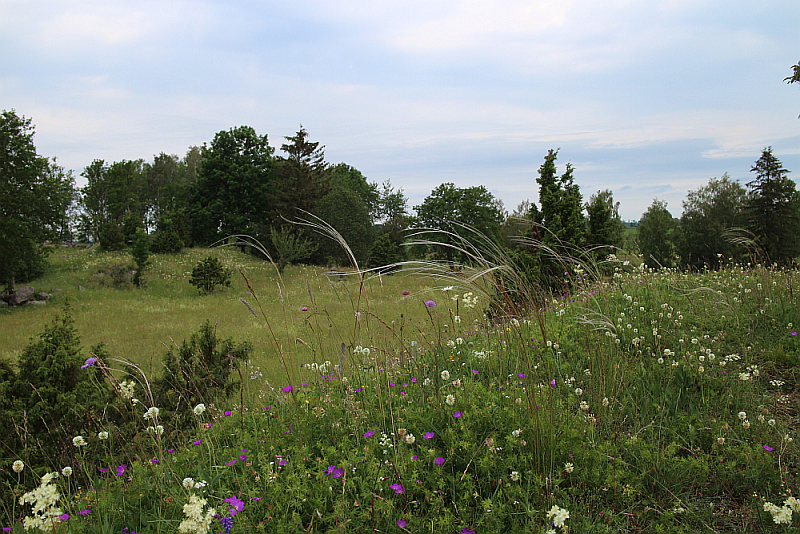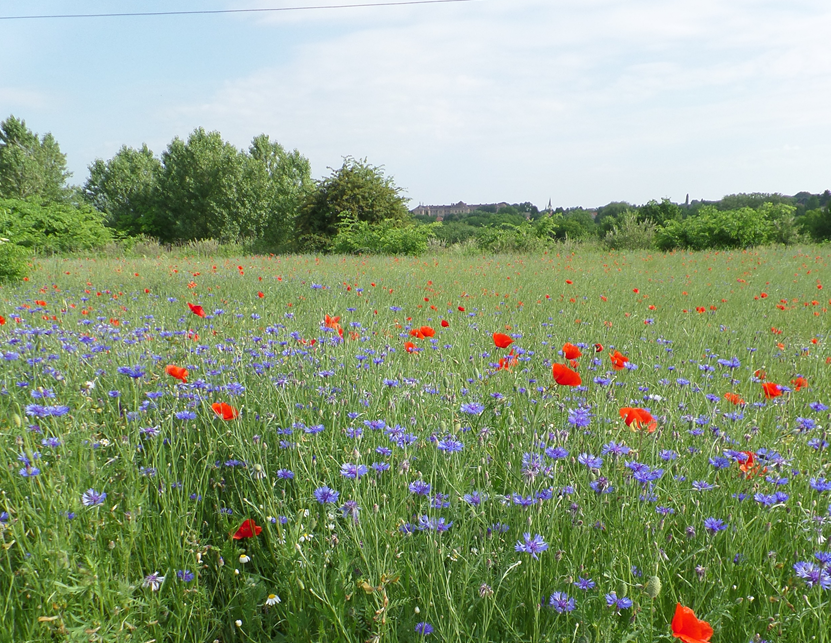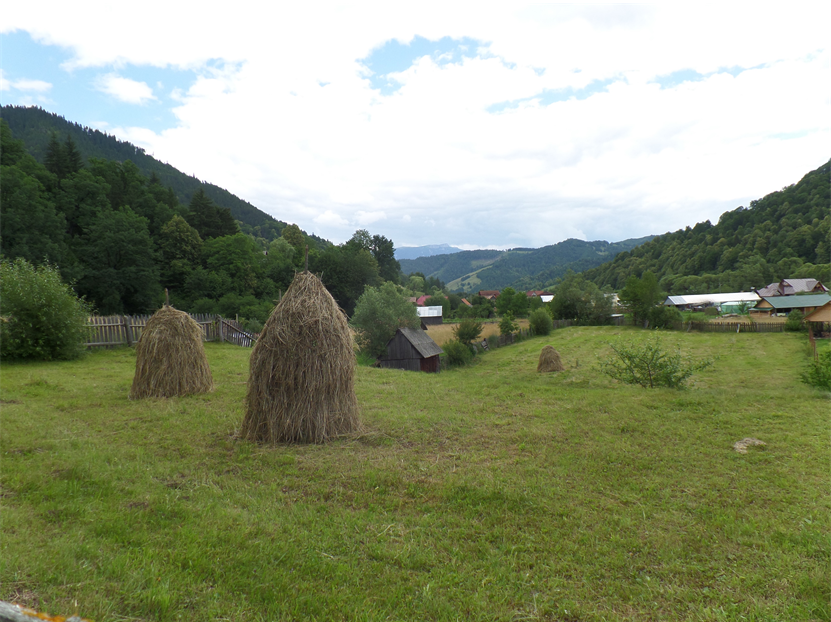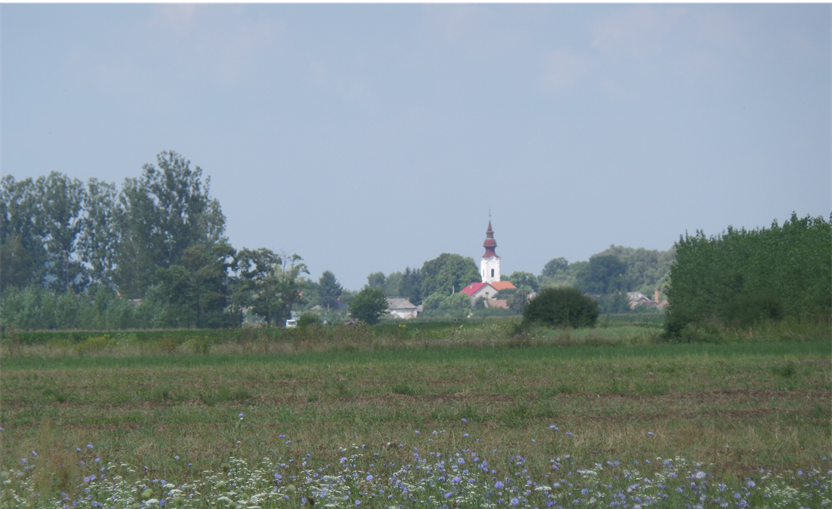Transitions to sustainable farming practices
Policies and strategies
Progress is being made on tackling the barriers to agro-ecological transition. These barriers are being overcome through a portfolio of policies and actions. EU regulations and directives for farming practices were assessed as having positive roles in the agro-ecological transition.
An analysis of policies and strategies in case studies in 15 countries reported that the instruments of CAP Pillar I policy to have weaker links with agro-ecological transitions than those of Pillar II (Linares Quero et al., 2020). Amongst the latter, the most effective instruments were found to be Agro-environmental measures, Organic farming, Farm Modernization and Investment, and Advice, information and training.
Innovative market and policy incentives were identified that are suitable to promote agro-ecological transitions (Galioto et al., 2021). Within Food Policies, the public procurement of organic products for public canteens, and the national food strategies scored highly for aiding the agro-ecological transition. Amongst market instruments, Certification Schemes were assessed positively overall, but opinions varied, and at times they were diverging.
Culture and mindset can be barriers to transitions to agro-ecological farming systems. Farmers, institutions, authorities, businesses and other actors in value chains often rely on familiarity with existing approaches and experience-based outputs. Resistance to change, unproven approaches, or inertia in changing position, inhibits the uptake of new ideas and practices. There is a long tradition of farmers cooperating informally or formally, such as through farm machinery rings (e.g. CUMAs, France; RingLink, UK). However, evidence shows farmers recognise the value of cooperation, but wait for it to be initiated by someone else (e.g. Czech case study). Willingness to implement agro-ecological practices is shaped by trust between farmers and other actors, which can be low for implementing or monitoring policy measures, such as agri-environment schemes. Evidence from the UK case study shows approaches to tackling such barriers through effective co-creation forums, networking and cooperation.
Evidence from Navarra, Spain, showed the effectiveness of using Rural Development Programme Measure 16.2 to fund innovative projects enabling the sharing of machinery, collection and sales of organic produce from small-scale producers and support for a monthly market of organic and local produce. Evidence of the benefits of similar approaches are for Biodistricts (e.g. Chianti, Italy; Italian case study).
Examples of other initiatives that have been shown to aid transitions are:
- Multi-annual investment plans to enable gradual transitions (e.g. conversion to new pruning systems of peaches, Greek case study);
- Promotion of cooperation throughout the value chain, with support for collective agro-environmental measures (e.g. Greek case study);
- Farmer cooperation during production (e.g. collective composting, shared weather forecasts; Italian case study);
- Increasing knowledge of income alternatives to intensive livestock farming (Swiss case study);
- Evidence based advisory services focusing on novel practices (Greek case study), and to fill knowledge gaps, such as soil conservation practices (e.g. Hungary case study);
- Provision of price premiums through the implementation of standards for agro-ecological practices would make it easier for farmers and companies to draw up agreements for produce (Swedish case study).
Improved support for collective actions could make it easier for farmers to access to specific training, processing facilities and agricultural machinery, they could not afford otherwise. It also helps with communication between farmers and supports the creation of knowledge exchange amongst peers, which can reduce farmer aversion towards risk associated with the adoption of new agro-ecological practices. Networking contributes to the creation of synergies amongst local actors in the value chain which could enable a fairer distribution of added value, thereby supporting local rural development.
Organic farming practices
The growth of organic farming practices in Europe provides a starting point for transitions to more sustainable farming practices. In some sectors and areas that growth has been rapid (e.g. dairy farming, Latvia).
Such transitions will be aided by mechanisms that support integrated approaches of farming practices that reflect the complexity of agro-ecological farming practices (e.g. implementing complex crop rotations with legumes, production of on-farm feed and fertiliser, enhancing biodiversity and soil quality, etc.; Latvian case study). This would represent a move away from more narrowly defined environmental, social and economic issues.
However, the transition to agro-ecological farming systems and practices requires de-risking of
the investments and actions required (e.g. access to long-term contracts with private companies, paying a premium for
sustainability practices; Swedish case study).
There is a need for strengthening positions of actors in the value chain to develop momentum for the uptake of products
and continued progress with transitions (e.g. organic dairy
farming, Latvia).
Infrastructure
Threats to the integrity of supply chains and economic viability of individual businesses or sectors include weaknesses in local infrastructure. Such infrastructure includes off-farm:
- transport (e.g. road, rail, ferry networks);
- quality and efficiency of supply chains for crops and cattle (e.g. lairage facilities to ensure welfare standards of livestock at markets; UK case study);
- local abattoirs and butchers;
- supply of non-fossil fuels (e.g. hydrogen for transport and farm machinery);
and on-farm:
- storage (e.g. silage, water);
- hygiene facilities (e.g. showers, clothing; e.g. Romanian case study);
- on-farm processing of produce would improve the economic stability of farms in some value chains (e.g. dairy products, Lithuania).
Knowledge exchange
UNISECO findings reveal the importance of advice, research, innovation and training in the social networks of farming systems. Analysis of market policies and instruments showed that strengthening the knowledge base of farming practices and support of the Agricultural Knowledge and Innovation System are important steps in supporting the diffusion of agro-ecological farming systems (see Quero et al., 2020). It also contributes to reducing the risk aversion of farmers and empowering consumers.
Forums that facilitate effective sharing of knowledge offer potential to inform influencers within institutions (e.g. farmers, public authorities, business, research). Examples of effective mechanisms of this process is the North-East Scotland Agriculture Advisory Group (NESAAG; UK case study); enhancing the role of the Chamber of Agriculture as a coordination centre for independent advisory services (Hungarian case study); and a regional coordination centre for Agriculture and Innovation Systems, Italian case study).
Social rights
UNISECO findings provide an insight to the potential for agro-ecological farming systems and farm practices to contribute to European Pillar of Social Rights. Those include the importance of advice, research, innovation and training in the social networks of farming systems, delivering to UN Sustainable Development Goal 4 on education and life-long learning. Opportunities to learn, challenge and debate new evidence from different perspectives contributes to tackling barriers to the uptake of agro-ecological practices.
Evidence of suggests that industry and farmers need work-based skills, apprenticeships, life-long learning and graduates, but face competition in the labour market (UK case study). Over the long-term, a strategic approach is required to providing training, education and life-long learning for it to be taken up by relevant authorities and be attractive to prospective students and pupils.
A key recommendation from UNISECO is support for dedicated education campaigns, and certifications and labelling schemes, to create a demand for agro-ecological produce. The inclusion of agro-ecological themes in the curriculum of formal education programmes (secondary and tertiary education) could aid the creation of a new generation of farmers paying greater attention to environmental and health implications of different farming methods. Such education and training could also improve the levels of awareness of information and communication technology tools, which is key to the agro-ecological transition in Europe.
Learning should be designed to be:
- tailored for use, and accessible, by all types of actors;
- relevant to all stages of agro-ecological transitions in farming systems;
- appropriate to stage of life of individual actors;
- contemporaneous with technical and social innovations.
Findings are translated into a policy brief on recommendations for supporting advice, education and lifelong learning to promote
agroecological transitions.
